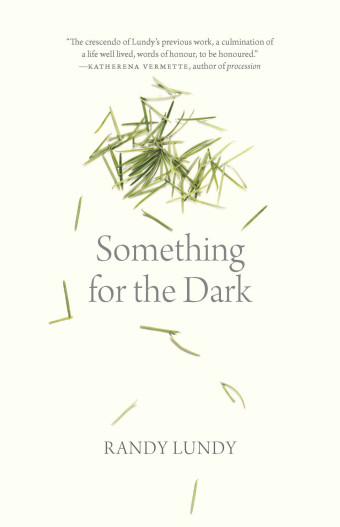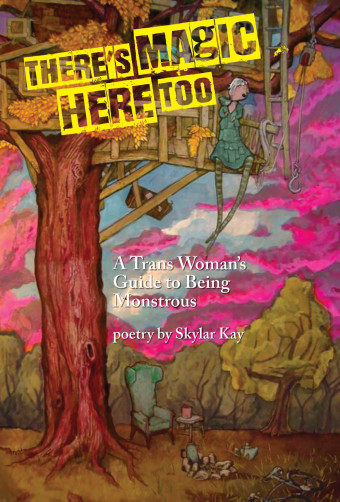This Hole Called January, a debut collection of poems by Paula Jane Remlinger, explores the Prairie winter in fresh and personal ways.
“Winter for me suggests themes of darkness and confinement, loneliness, depression, and loss,” Remlinger says. “So many people, including myself, struggle with those things, and I wanted to acknowledge that. I’ve lost a number of people close to me, and it was important to deal with that grieving through writing.”
The poems that deal with the heavier themes of depression and loss, like “You Drift Away on a Thinning Breeze” and “in the days before your death, you fed us,” are interspersed with moments of levity. Poems about seemingly innocuous subjects, like a goldfish in “Ode to Horace (in the Freezer Awaiting Burial)” or crayons in “Burnt Sienna,” reel the reader in with humour before delivering a gut punch.

- This Hole Called January
- Paula Jane Remlinger
- Thistledown Press
- $12.95 Paperback, 64 pages
- ISBN: 978-17-71871-93-8
“In some ways, the collection is about finding your way in the world,” Saskatoon-based Remlinger says. “Trying different things, testing boundaries, searching for identity. It strongly reflects my own journey and my growth as a writer and as a person.”
Her editor, Michael Kenyon, was invaluable in selecting and ordering the poems. “He looked at everything I’d submitted and was able to arrange the poems in ways that I started to see more connections between them,” she says. “The narrative [of] childhood to adulthood, from innocence to understanding, was already there – it just needed to be shaped.”
For Remlinger, crafting a poem is more than finding the right words.
“If I can make a [line] break where it provides an interesting juxtaposition, or provokes a thought, I’ll choose that. In some poems, it’s more about the rhythm and the breath, but I do spend a lot of time trying to get the right structure.”

But, she adds, “The best thing is to make sure your poetry is reflective of who you are. We often get caught up in trying to write a good poem, and sometimes it’s more important to write your poem, to really think about what you’re trying to say, and then work on shaping it after. Not every poem has to be a masterpiece, but you have to write each poem to get to the next one. It takes practice.”
The care Remlinger puts into writing poetry is evident in this collection, and it’s clear that she draws inspiration from a wide array of subjects. Lately, she’s been exploring the Japanese paper craft of origami and its variation kirigami.
“The beauty is in the lines and folds and cuts. It speaks to me about the multiple layers that people have to navigate, and I’m curious to see where those thoughts lead,” she says.
It all feeds the poetry, and poetry feeds her.
“I use poetry to explore and understand the world and my place in it,” says Remlinger. “I often say that I don’t know exactly what I think until I write it down. Writing for me is learning who I am at a particular moment in time.”












